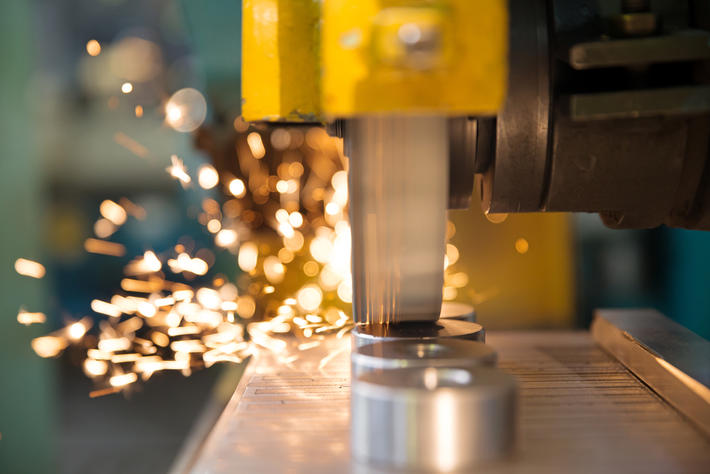
italpres, pressofusion of sustainable and complete quality
italpres is a cutting-edge company that pays particular attention to the entire production process, from the procurement of raw materials to the finishes of the pieces commissioned by the customers.
Some materials more than others can be recovered and reused several times allowing considerable savings in terms of resources. This is the case of metals that offer excellent results in recycling.
Among the most commonly recycled metals such as iron, steel, copper, brass, nickel, palladium, cobalt and various other ferrous and metal alloys, there is also the aluminum used by Italpres of Lumezzane, a Brescia-based company specialized in the design, construction of molds and quality die-casting.
The correct disposal of the scrap must be done through a careful separation of the metal parts: for example, thanks to the use of powerful magnets, ferrous metals such as steel are separated, while for metals such as aluminum separation is possible thanks to use of electronic currents
All this in order to enhance each material and turn it into a raw material again. One of the excellences in the recycling system of our country is precisely the aluminum, used for almost 70 years by italpres for the design, construction and die-casting molds.
italpres has developed over countless projects for customers through co-engineering of parts for high quality performance; the company also provides customers with 5 IT platforms with software for the engineering of IT equipment and is able to make different finishes to the products:
- Anodization: Commonly used for aluminum, anodizing is an electrochemical process through which a protective layer is created on the treated metal surface to protect it from orrosive agents.
- Tumbling: Tumbling is a finishing process often requested following the molding or casting of the pieces. The purpose of the tumbling is to remove the "burr", that is the residues of metal substrate.
- Sanding: Also called grinding, it is a finishing process of the pieces in which the abrasive cloth is moved to the corundum on the pieces in order to smooth the surfaces.
- Machining: The mechanical processes that can be carried out on die-cast pieces are many. Usually these compensate for the aspects of the piece that can not be made during the casting process itself and are mostly referred to threads (screw housings), turning (including knurling), special polishing, holes (to ensure perfect cylindricity).


